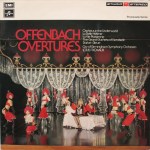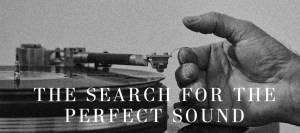More of the Music of Neil Young
Reviews and Commentaries for After the Gold Rush
I don’t know why I wasted so much time critiquing the sound of this remastered (2009) pressing. Frankly, it really wasn’t worth it.
However, since I listen to records for a living, I figured I might as well listen to this one, head to head with an excellent vintage pressing, of course. What other way to do it is there?
 Since we do shootouts for this album regularly, we know just how good the best pressings of After the Gold Rush can sound, and this newly remastered vinyl is missing almost everything that makes the album essential to any right thinking music lover’s collection.
Since we do shootouts for this album regularly, we know just how good the best pressings of After the Gold Rush can sound, and this newly remastered vinyl is missing almost everything that makes the album essential to any right thinking music lover’s collection.
We can summarize the sound of this dreadful record in one word: boring.
Since some of you reading this review are no doubt fans of Chris Bellman, the engineer credited on the album, and a man apparently held in some esteem by a great many audiophiles, perhaps we owe it to his fans to break down the sonic strengths and weaknesses of this pressing in more detail.
What It Does Right
It’s tonally correct. Unlike many modern pressings, it is not overly smooth.
Uh, can’t think of anything else…
What It Does Wrong
Where to begin?
It has no real space or ambience. When you play this record, it sounds as if it must have been recorded in a heavily padded studio. Somehow the originals of After the Gold Rush, like most of Neil’s classic albums from the era, are clear, open and spacious.
Cleverly the engineer responsible for this audiophile remastering managed to reproduce the sound of a dead studio on a record that wasn’t recorded in one.
In addition, the record never gets loud. The good pressings get very loud. They rock, they’re overflowing with energy.
And, lastly, there’s no real weight to the bottom end. The Whomp Factor* on this new pressing is practically non-existent. The bottom end of the originals is huge, deep and powerful.
The Bottom Line
This new Heavy Vinyl pressing is boring beyond belief. I wouldn’t give you a nickel for it. If Neil Young actually had anything to do with it, he should be ashamed of himself. If you want a good copy of the album, find yourself a vintage pressing. Please don’t throw your money away on this one.
If you did make the mistake of buying this album, did you notice its many shortcomings? And if not, why not?
And if Chris Bellman is such a good cutting engineer, as I hear tell, why does this record sound as bad as it so obviously does?
Were you perhaps a bit too impressed by the reputations of Young and Bellman and just figured those two guys must know what they are doing? It’s AAA, right? Made from the master tape? With tender loving care? Is there some reason it shouldn’t sound amazingly good with all that going for it?
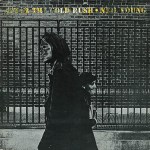

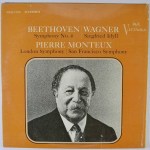 More of the music of Ludwig van Beethoven (1770-1827)
More of the music of Ludwig van Beethoven (1770-1827)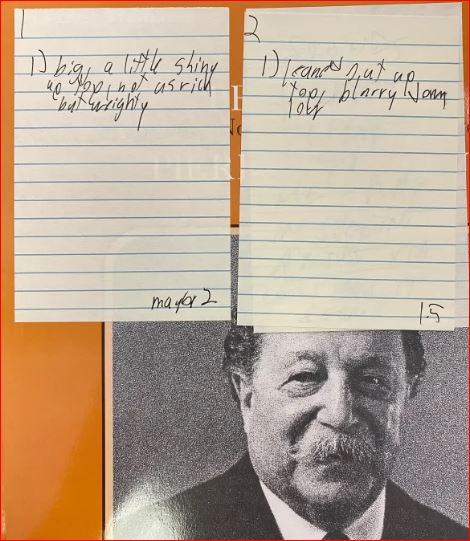 At least the midrange is more or less correct.
At least the midrange is more or less correct.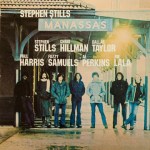
 Lots of rave reviews for the two of them in the audiophile press at the time though. I guess nothing ever really changes, does it? Played a Sundazed record lately? Well, there you go. How are these people impressed with such bad sound?
Lots of rave reviews for the two of them in the audiophile press at the time though. I guess nothing ever really changes, does it? Played a Sundazed record lately? Well, there you go. How are these people impressed with such bad sound?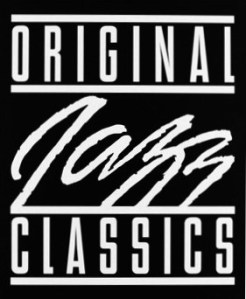
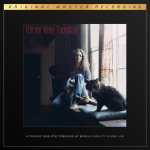
 How shocking is it that the most colored label in the history of audio produced a record with no colorations, one that sounds like a bad CD. I would not have predicted the possibility!
How shocking is it that the most colored label in the history of audio produced a record with no colorations, one that sounds like a bad CD. I would not have predicted the possibility!
